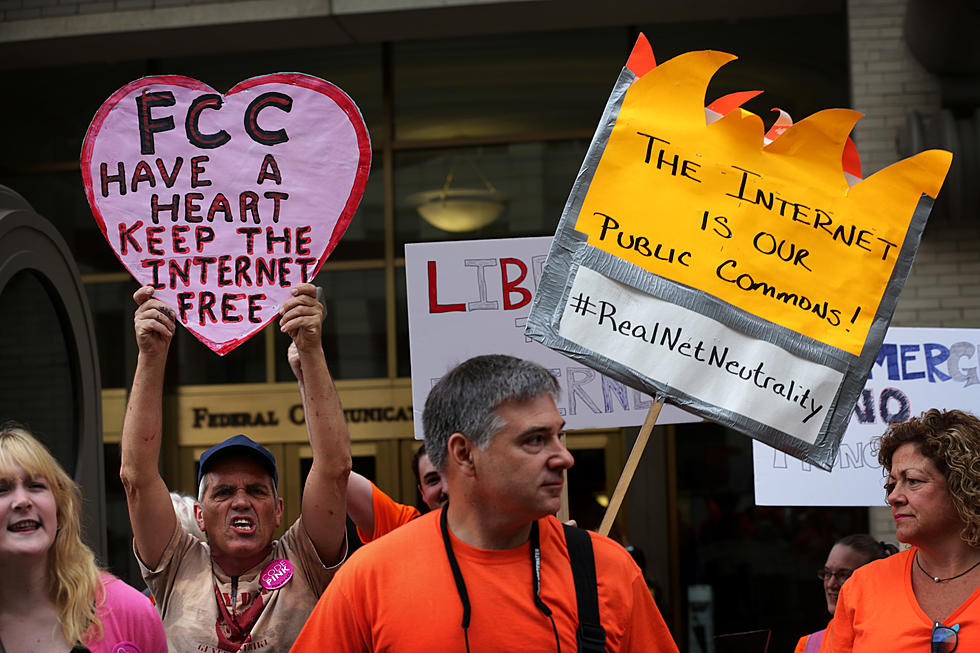
What Does the Federal Communication Commission Do?
KMMS and KPRK broadcasts are licensed and regulated by the FCC (Federal Communications Commission). What does “regulation” mean? And what does the FCC license?
One of the first things I learned when I was told that I would be an “on air” personality was what I could and could not say. I also had to study, take, and pass a test on broadcast etiquette and responsible broadcasting.
Local Restrictions
There are eight words I’m not allowed to say on the air. They are all various forms of profanity and I won’t list them here. You can use your imagination as to what they might be.
There are also some restrictions on what can be broadcast between the hours of 6 AM to 6 PM. Those hours are strictly “G-Rated” materials because of children being exposed to broadcasts during those hours.
Between 6PM to 10PM there is a little more latitude given (PG-13) and even more after 10PM.
FCC Responsibilities
The FCC was formed on June 19, 1934, replacing the Federal Radio Commission. The FCC has six areas of responsibility. It regulates broadband, competition, the spectrum, the media, public safety and homeland security. It doesn’t regulate subscription radio, premium cable TV or other types of subscription services. Which is why you might hear some of the eight words I can’t say on HBO or the Howard Stern Show.
On Air Restrictions
I can’t speak for other on air personalities but in the nine years I’ve been on the air I have never been told that a subject is off limits. There has been some discussion about how some topics might be tastefully approached on the air, but I have never been told to either cover or not cover any local or national topic.
FCC License
Periodically our stations are up for license renewal by the FCC. All letters and emails sent to the stations by listeners are required to be kept on file for FCC review. Viewer comments are reviewed and considered as part of the approval process by the FCC for a station’s license to be renewed. If the station is found to be violating FCC regulations, or listener complaints about programing show objectionable content, the station can be fined or have its license revoked.
Some Final Thoughts
We are very fortunate to have the amount of local programing in our valley that we do. We also stream all our broadcasts on the Internet so those who are traveling or have moved elsewhere can keep up with our local news and viewpoints.
You can follow our stations and comment on our Facebook page or email us with questions or comments. Each station also has it’s own web site were you can get info, play games, enter contests, and earn prizes for listening.
Radio in Gallatin and Park Counties has a very bright and promising future thanks to our many loyal listeners and advertisers. We hope you listen too. Which is your favorite station and why?
More From KMMS-KPRK 1450 AM









